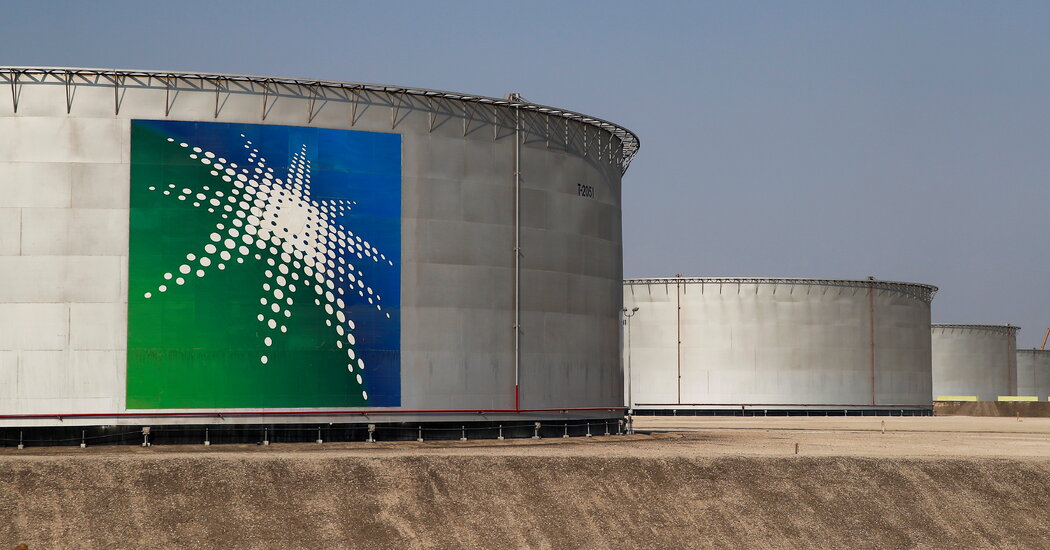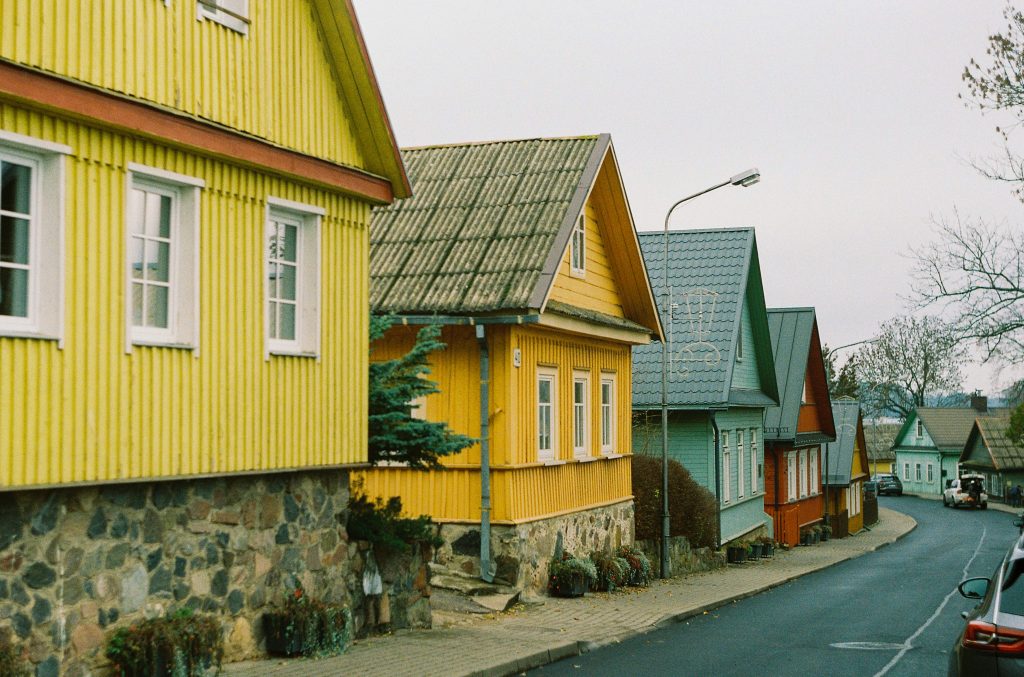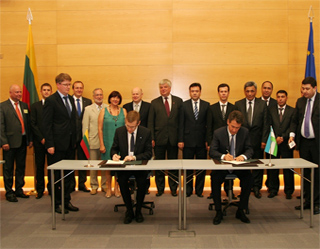OPEC, Russia and other major oil producers reached an extraordinary agreement on production quotas on Tuesday, as Saudi Arabia committed to reducing its oil production by 1 million barrels per day, and Russia and Kazakhstan received relatively modest production increases.
The effect will be an overall decrease in oil production. The news pushed prices up more than 4%, reaching levels not seen since February. Brent Crude Oil rose above $ 53 a barrel, and West Texas Intermediate topped $ 50 as traders welcomed Saudi Arabia’s willingness to drop some barrels in an effort to stabilize the market.
The difficulty in reaching a consensus at the OPEC Plus meeting appears to show that cooperation between Saudi Arabia, the de facto leader of the Organization of the Petroleum Exporting Countries (OPEC), and Russia is once again under great pressure. This tension may herald difficulties in restricting production in the coming months.
After discovering that they are unable to sidestep Russia’s request to increase production, Saudi Arabia appears to have largely given in to at least maintain semblance of unity.
“Instead of letting everything fall apart, the Saudis are letting the Russians get what they want,” said Bhushan Bahri, CEO of IHS Markit Research.
Russia will now be allowed to increase production by 65,000 barrels per day in February and another 65,000 barrels per day in March, raising production to more than 9.2 million barrels per day.
Meanwhile, to support the market, the Saudis have volunteered to cut production by 1 million barrels per day – equivalent to about 1 percent of global supply – to about 8.1 million barrels per day. This pledge came late and was not reflected in the quota figures published by OPEC after the meeting. The Saudis were producing more than 11 million barrels per day at the height of the price war with Russia last spring.
“This was a local idea,” Prince Abdulaziz bin Salman, the Saudi oil minister, said during a press conference after the meeting. The prince said that Saudi Arabia was making a “good faith” gesture.
The group met by videoconference starting Monday to look at a February increase of about 500,000 bpd, following a similar push this month.
The Russians wanted more production. They argued that unless OPEC Plus keeps pace with the recovery in demand, the group will lose market share to US shale oil producers. Russians appear to be more optimistic about the global economy and the recovery in oil demand.
The Saudis urged caution, as the epidemic remains out of control. They have been wary of easing production cuts the group agreed in April that helped bring prices back from their spring lows.
Before that deal, and faced with declining demand for oil amid the first wave of the pandemic, Saudi Arabia and other producers tried to force Russia to agree to a major production cut. When Russia objected, the Saudis increased production and lowered prices, which sparked panic among traders in April which ultimately caused the price to rise. The West Texas broker is trending negative.
But the dynamic changed with April The deal that ended the price war. Saudi Arabia and Russia were advancing steadily, with identical production quotas.
Prince Abdulaziz, who chairs the OPEC Plus meetings, said at the start of the conference, “Do not put at risk everything that we have achieved for the sake of an immediate but imaginary benefit.”
Unable to come to a deal on Monday, major producers, led by the Saudis, thought it was better for them to compromise on Tuesday or risk inflaming fears of traders still wary of the price war.
The Saudis and other OPEC countries remain concerned about the future of their oil. OPEC Plus issued a statement After the meeting, referring to “the shocking impact of the Covid-19 epidemic on the global economy and markets.”
“The rise in infections, the return of stricter lockdown measures and mounting uncertainties have led to a more fragile economic recovery expected to continue until 2021,” the statement said.

“Analitikas. Kūrėjas. Zombių fanatikas. Aistringas kelionių narkomanas. Popkultūros ekspertas. Alkoholio gerbėjas”.






_w=1200_h=630.png?v=20230522122229)
